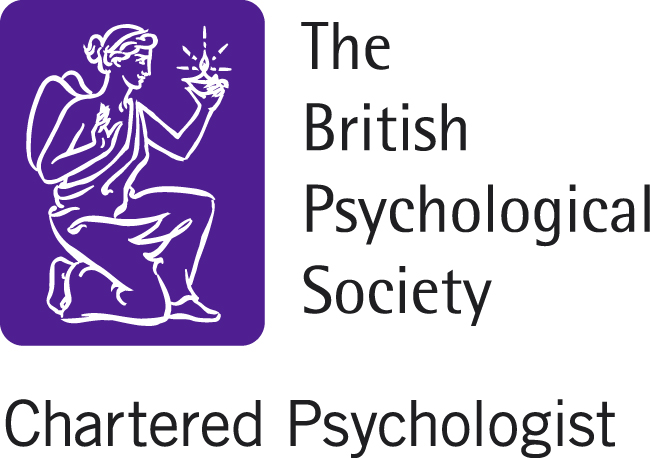Attachment-Informed
Working in an attachment-informed way in therapy means understanding how early relationships shape emotional and relational patterns throughout life.
Attachment theory highlights how caregivers’ responsiveness impacts a person’s sense of safety, trust and connection. These early experiences influence how individuals approach relationships, cope with stress and navigate their own and others' emotional needs. Recognising these patterns allows us to explore how attachment dynamics contribute to a person's current challenges.
Attachment theory recognises that the problematic repeating patterns in a person's life were or are somehow 'adaptive' - this means that rather than seeing patterns of behaviour as "good" or "bad", we understand them as responses developed to ensure safety in different contexts. This means that at some point, a problematic pattern of behaviour was intended to help the person get back to a felt sense of safety. Viewing current problems in this way helps us to build a more compassionate understanding of them. An attachment-informed approach focuses on creating a secure, attuned therapeutic relationship where clients can explore their relational patterns, build new ways of connecting, and develop a greater sense of emotional resilience.








